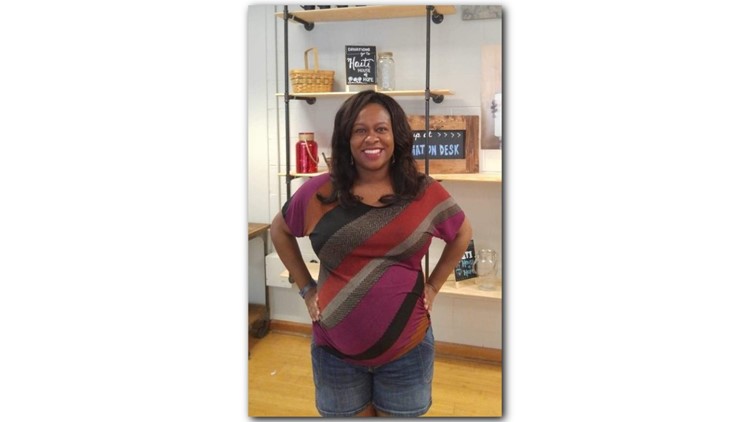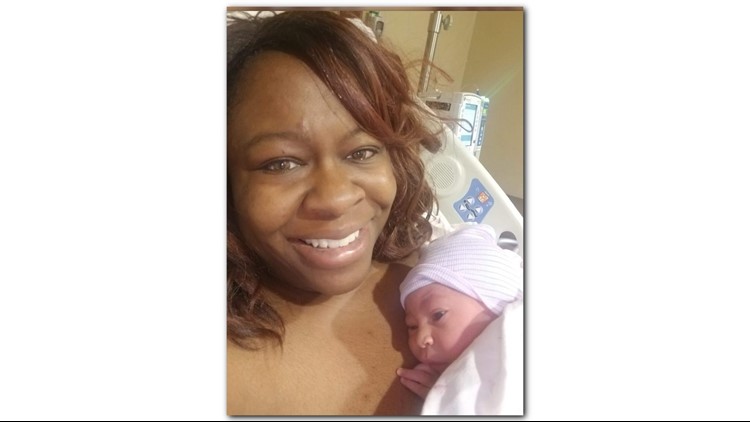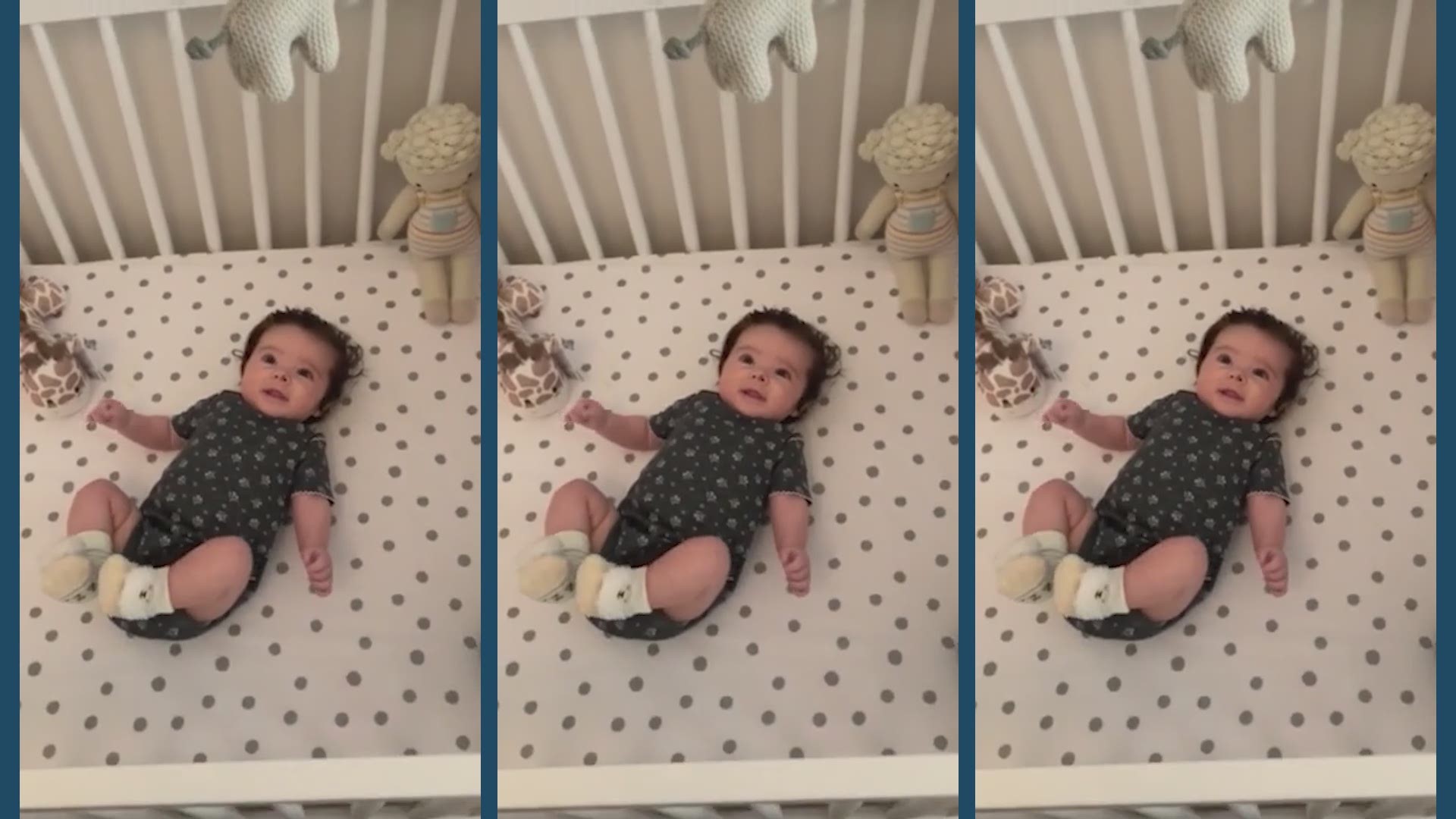Mothers are dying because of childbirth. It’s getting worse in the United States while it gets better in other countries. The statistics are alarming, even more so for black women.
The Centers for Disease Control and Prevention reports American black women are three to four times more at risk.
Even though the numbers are shocking, there are three things any mom can do to help stay safe from pregnancy through the first year after delivery.
Mothers Matter: Watch the full series
1. Make sure your hospital is prepared for the unexpected.
Innovative approaches to help new moms are saving lives. Some hospitals in Illinois treat mothers with high blood pressure within an hour. In California, some delivery rooms are equipped with special crash carts loaded with all the tools doctors need during an emergency.
Since initiating these protocols, the number of pregnancy-related deaths has reduced in those areas.
However not all hospitals will automatically have these programs in place.
“Don't assume that just because you're being treated in a hospital that you're getting the best care you could or that you're getting unbiased care,” Dorothy Roberts, the director of the Penn Program on Race, Science & Society, said.
In Washington D.C., not all hospitals have maternity wards. Make sure you have a birth plan and the hospital you plan to deliver your child in has a labor and delivery unit.
2. Speak up!
“If you feel or think that something is not right, don't let off of it,” explained Donielle Bell.
Most people have no clue what happened to her after giving birth to her second child.
“Three or four hours after delivery I started to get dizzy, and there was a nurse in my room,” Bell said.
Bell said she asked the nurse if dizziness was normal after childbirth, but the nurse didn’t answer. She remembered asking at least two more times before feeling a gush of blood.
“I told her I think I'm bleeding, and she comes over, she lifts up the sheet. and that's when she called a crash cart,” Bell said.
Bell believes she’s alive today because she spoke up and got the help she needed.
Donielle Bell: 'If you feel or think that something is not right, don't let off of it'
3. Moms-to-be can get proactive with their health.
Moms are at risk for pregnancy related complications for a full year after their child is born. Spikes in blood pressure or dizziness are warnings of more serious problems. Make sure your doctor is someone you can talk to about any health issue.
“We have to control the things that we can. So, you've got to take good care yourself. Go to all your prenatal visits," Dr. Sujatha Reddy said. "Get your flu shots. Take your medication. Get your appointments and ultrasounds as you're supposed to. Get your genetic and prenatal testing, and you really just do what you need to do."
If you do, she says “Everything should be OK. Odds are you're going to be fine.”
Get more tips on prevention of pregnancy-related deaths on the CDC's website.
YOU CAN HELP: The following checklist will help new moms have important conversations to help stay safe during childbirth. Download the form and pass it along.







